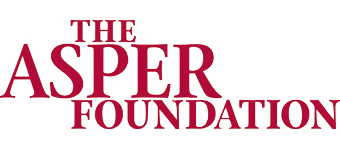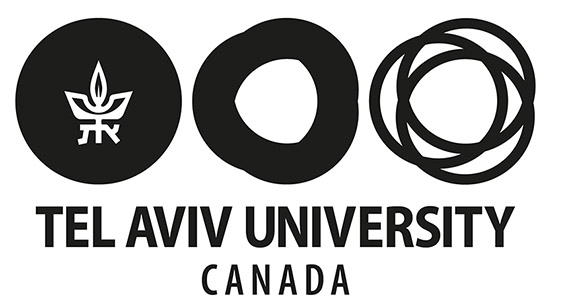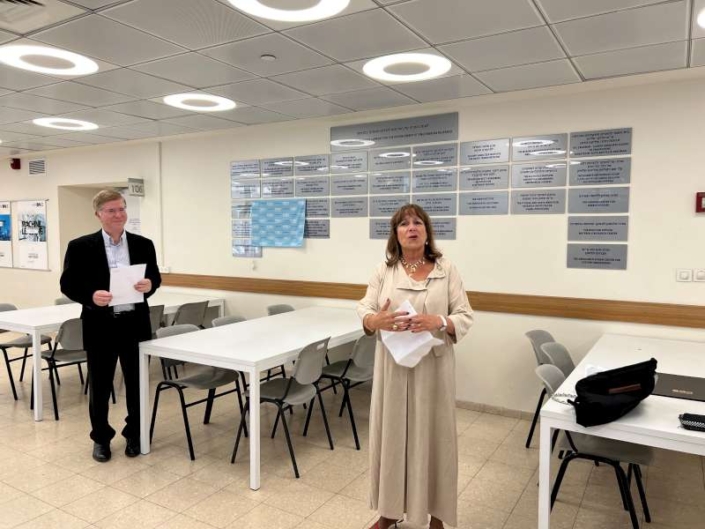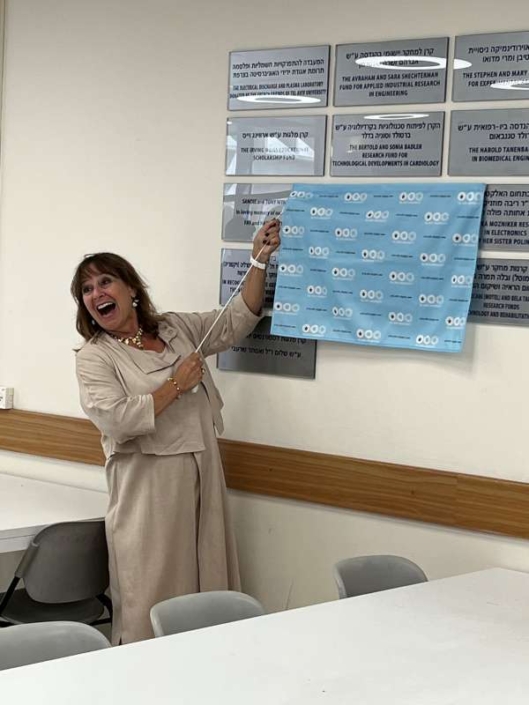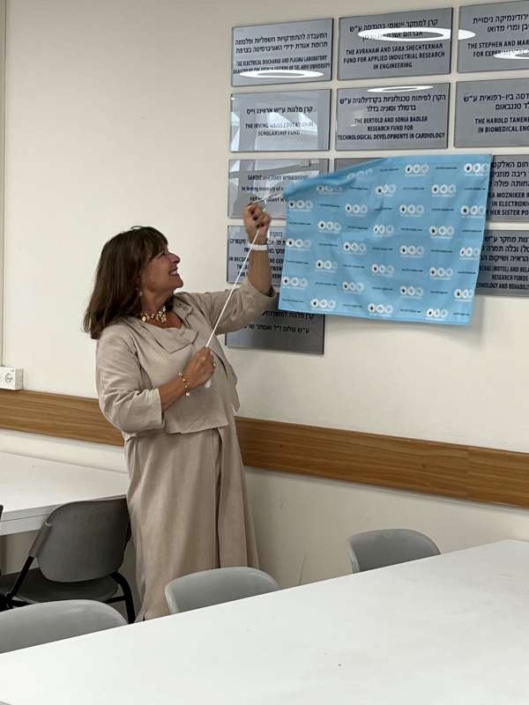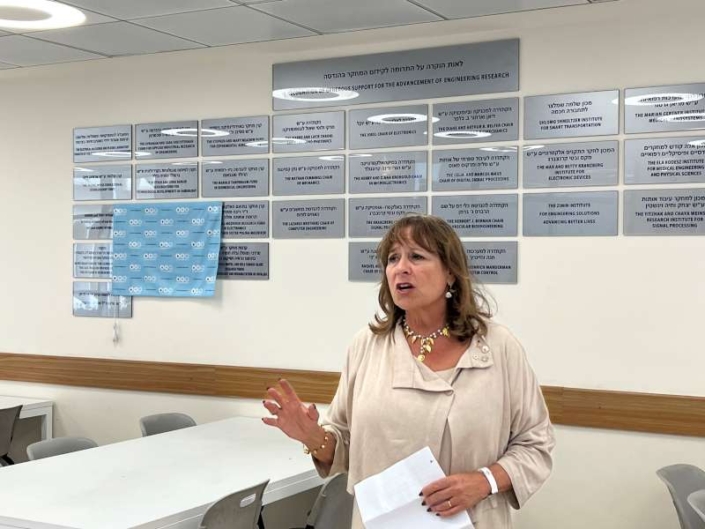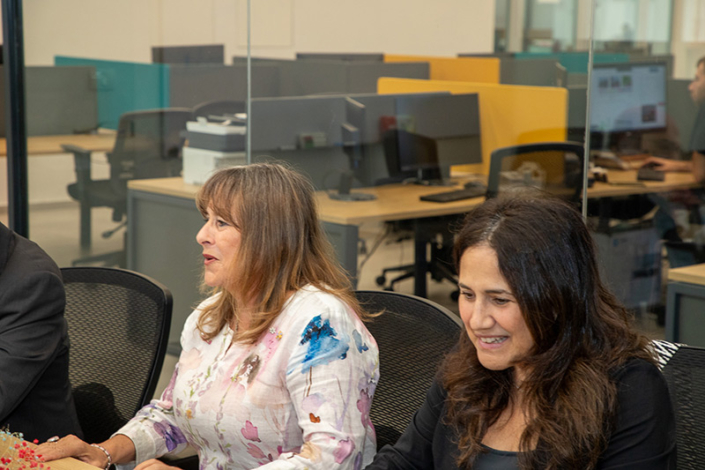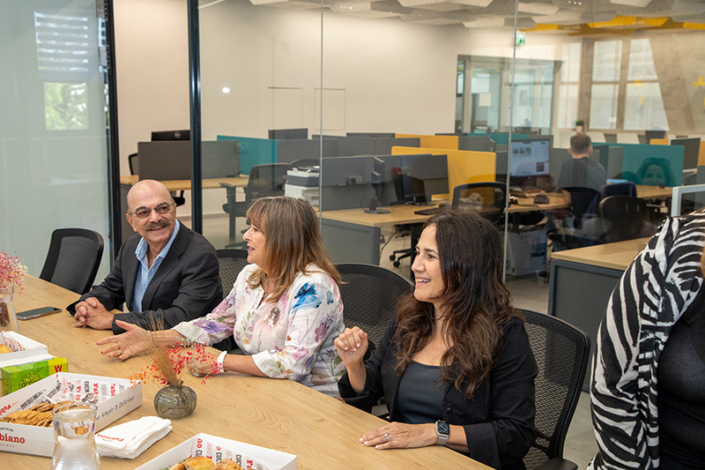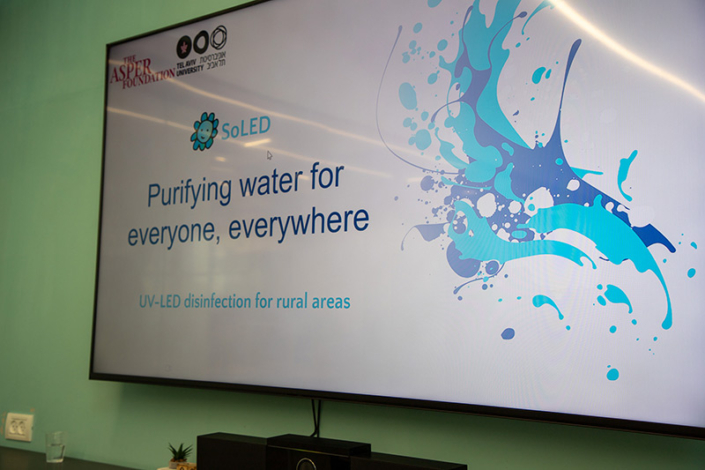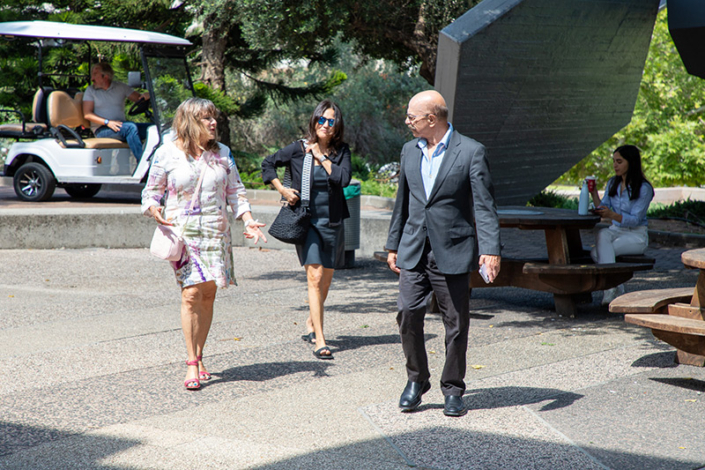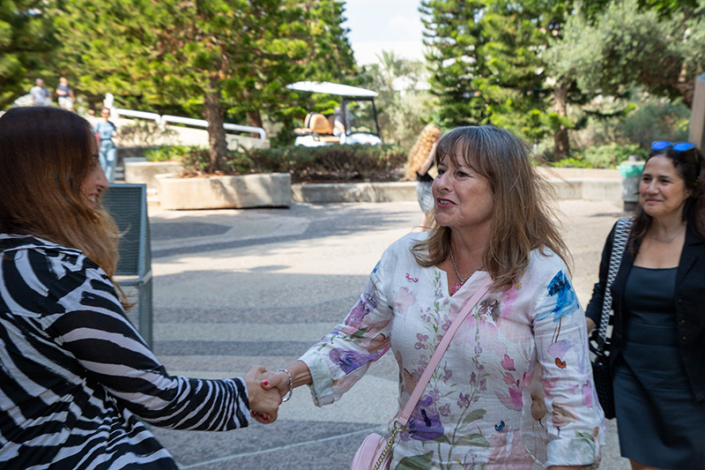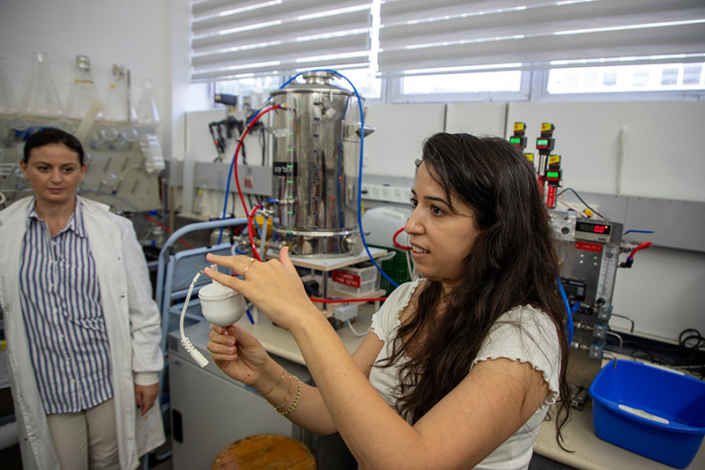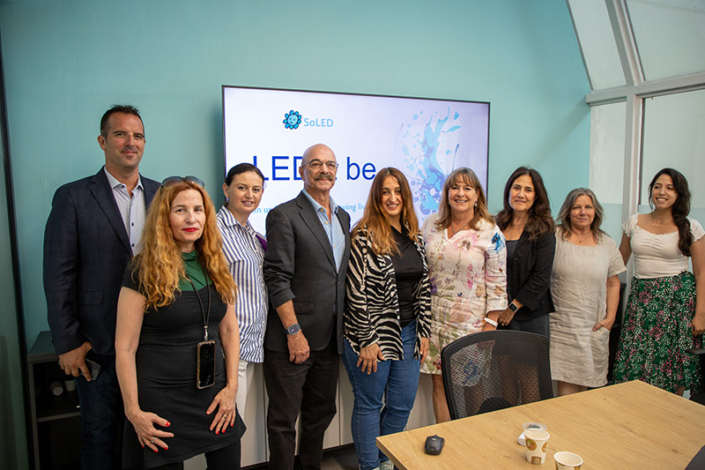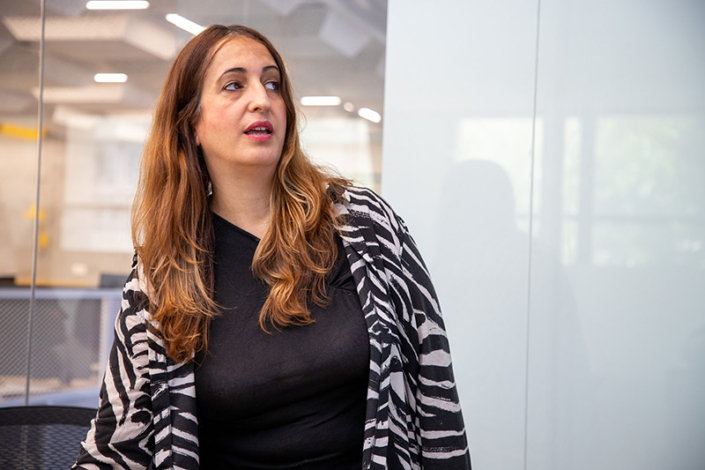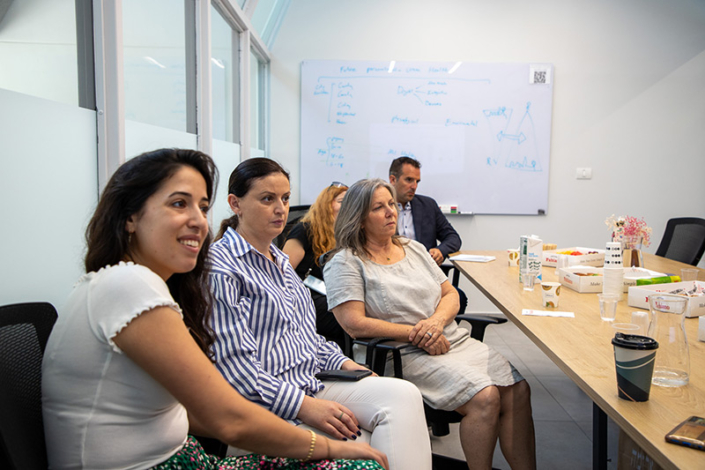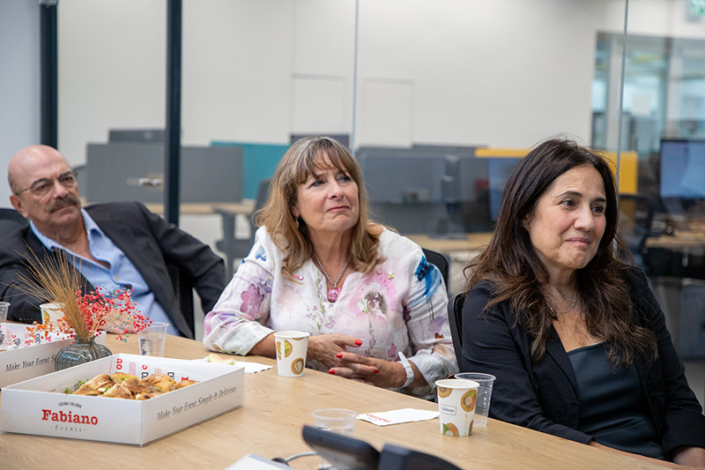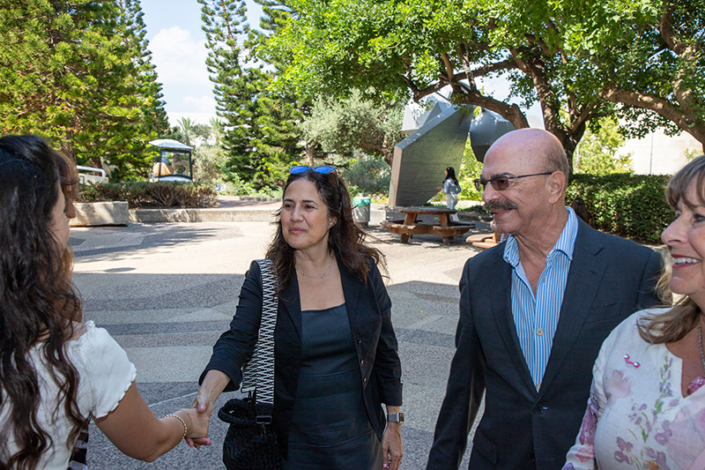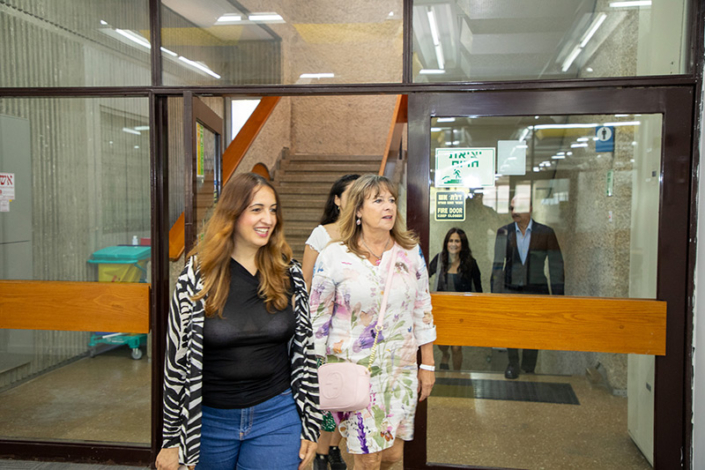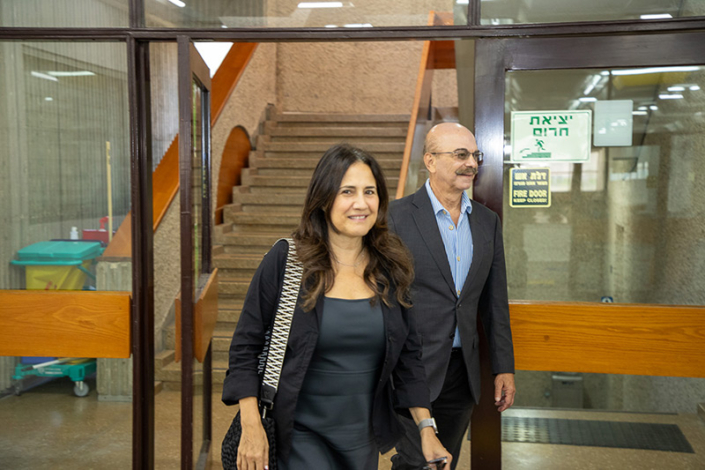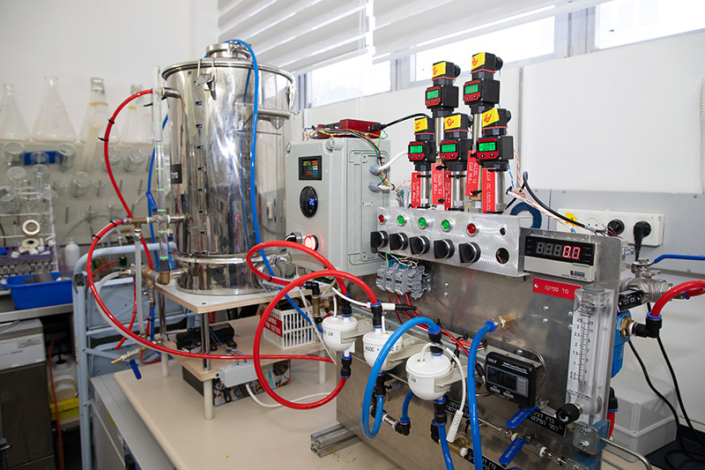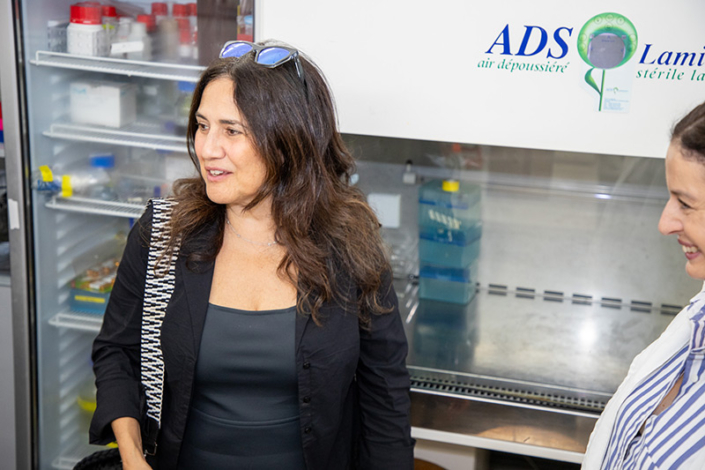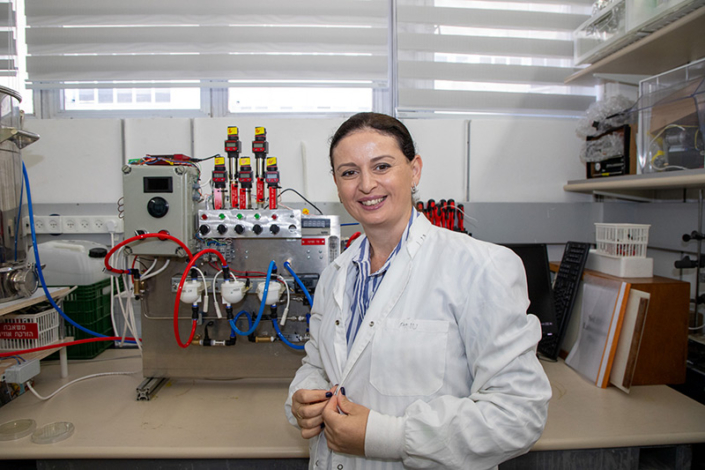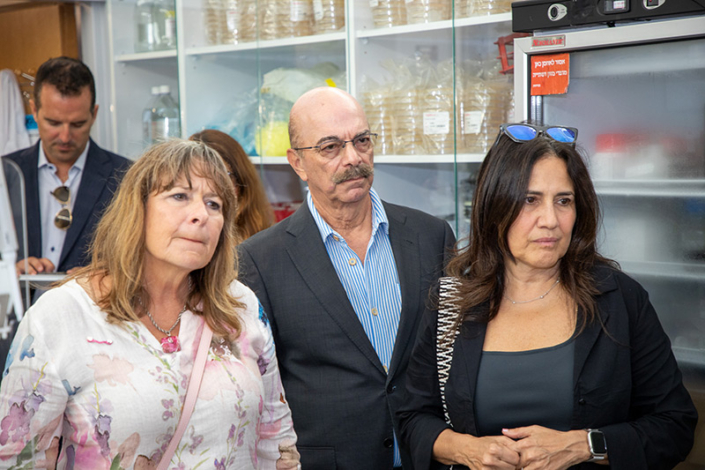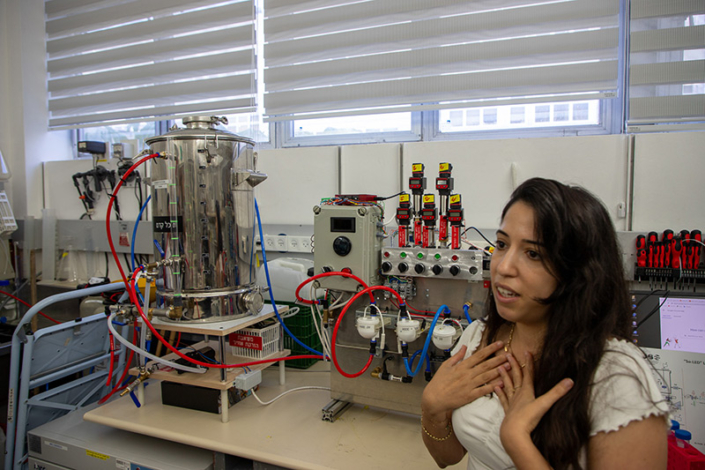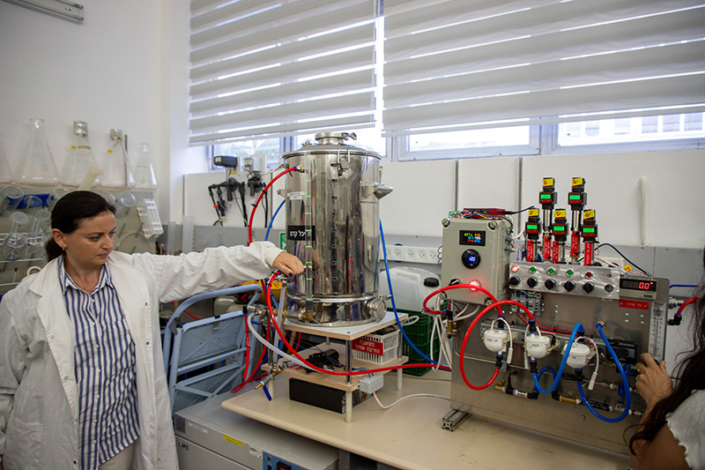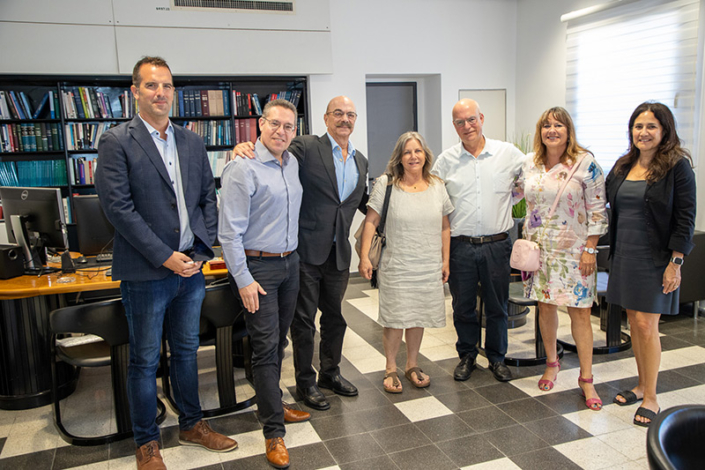Tel Aviv University SolED Project
Related Articles & Links
- Tel Aviv University
- Article: Canadian Asper Foundation, TAU, Launch Innovative Clean Water Project (JewishPress.com, 6/16/22)
- Article: TAU partners with major Canadian foundation to produce clean water (The Jerusalem Post, 6/16/22)
- Article: Israel Partners in Innovative Project to Provide Thirsty Populations With Clean Drinking Water (Israel 365, 6/15/22)
- Asper Clean Water Fund Certificate of Recognition (Tel Aviv University, 6/14/22)
- Article: TAU: Hub for Regional Cooperation (TAU Review, 2022)
- Article: The Asper Foundation, TAU Launch Innovative Clean Water Project (TAU, 6/15/22)
- Article: LED It Flow: SoLED Provides Innovative Approach To Water Disinfection (NoCamels, 6/14/22)
Asper Clean Water Fund
In June 2022, The Asper Foundation announced a gift of over $400,000 US to the Canadian Friends of Tel Aviv University to establish The Asper Clean Water Fund at Tel Aviv University (TAU). The Fund is delivered through TAU’s Water Energy Lab which further develops technology that produces safe drinking water in the developing world.
Headed by Prof. Hadas Mamane of TAU’s Fleischman Faculty of Engineering, the Lab is among numerous research teams devising solutions to address global water scarcity. Her Lab has developed a patented technology that uses LED lighting and solar energy to disinfect water. The laptop-sized device—called SoLED—operates without any chemicals or electricity to kill 99.9% of bacteria and viruses from water, making it less costly and easier to use than existing solutions in remote areas.
At least 2 billion people around the world use water from contaminated sources. Furthermore, unsafe water is linked to the deaths of an estimated 800 children each day. The issue predominantly affects people in the developing world, where access to clean water resources is often unaffordable or inaccessible. Also, as the impact of climate change increases, water scarcity will affect nearly half the world’s population by 2025, according to expert estimates.
The support of The Asper Foundation enables Prof. Mamane and her team to further expand the capabilities of the technology and field-test the device. Their ultimate goal is to produce a scalable version that could be manufactured for mass distribution.
